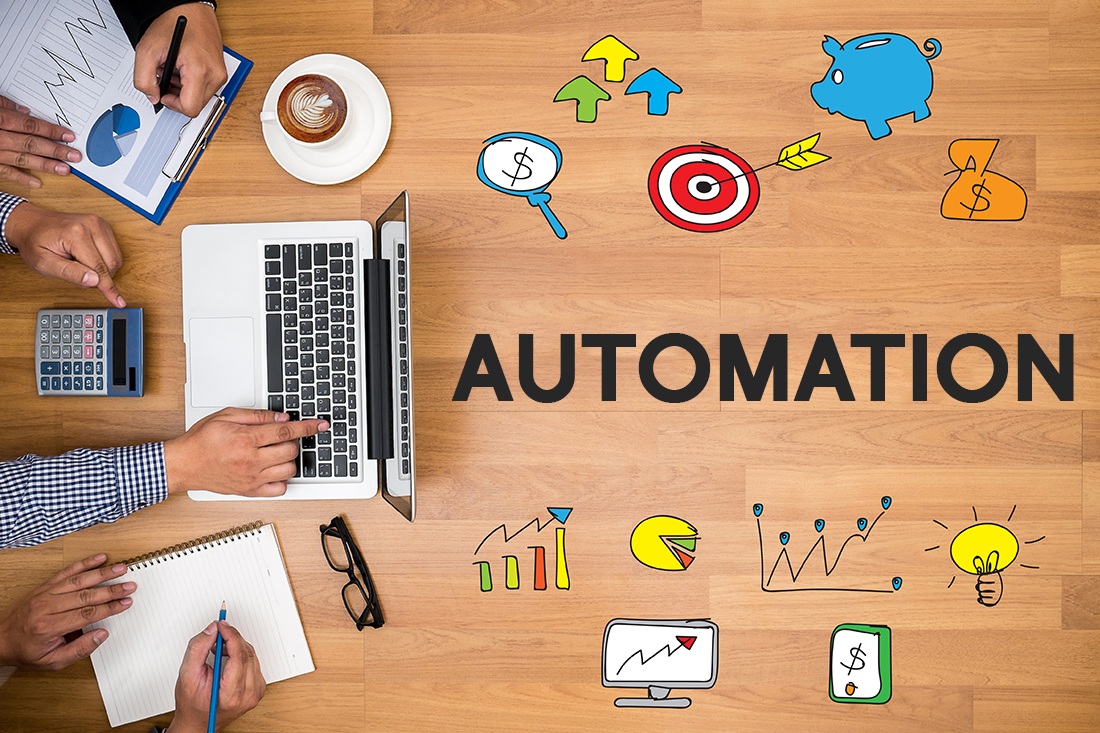
Digital marketing automation explained!
Today’s digital marketers are juggling too many marketing tasks. At any given B2B or B2C organisation, there are needs for social media marketing, copywriting, lead generation, email marketing, SEO, branding, design and advertising campaigns. And it doesn’t stop there… The majority of those tasks are repetitive and mundane, but thanks to technological advancements, all these activities can be streamlined with digital marketing automation tools.
What is digital marketing automation?
Marketing automation is the software that allows you to manage marketing processes and multi channel campaigns automatically, whilst automating repetitive tasks as well as measuring and optimising all marketing efforts in one place.
What are the benefits of digital marketing automation tools?
Multi-channel view of consumer behaviour
Nowadays, it’s more important than ever to understand the customer journey across multiple channels and devices. Automation platforms allow you to get a holistic view of the customer journey and accurately measure the success of your marketing efforts.
Save time and improve productivity
Marketing automation tools make it easy to perform repetitive tasks such as content creation and management, campaign scheduling and communication with other departments. This allows you to focus on more important aspects of your job like measuring results and optimising campaigns to ensure your maximise every euro spent.
Convert leads in less time
With marketing automation, you can design and automate workflows to help convert each and every customer that comes walking through the door. Welcome emails, personalised messages, landing pages, capture forms and automation triggers are some examples of marketing tasks that can be automated and thus increase your website’s operational efficiency and grow your revenue faster and more easily.
Examples of digital marketing automation tools
- Hubspot – an all-in-one software for marketing, sales, customer service and CRM which offers many automation possibilities that would be difficult or impossible if you used separate tools. Key features include: campaign reporting, website traffic analytics, landing pages, A/B testing and blog and content creating tools.
- Marketo – similar to Hubspot, Marketo works across multiple digital channels to automate marketing campaigns and sales lead generation for B2B and B2C businesses. Key features include: campaign analysis, SEO, website personalisation, CRM integration and lead nurturing.
- Mailchimp – an email tool which assists you in simplifying your communications with your audience and enabling you to send the right emails at the right time. Key features include: targeted campaigns, automated product follow-ups, segmentation and list management and pre-made and custom email templates.
- Customer.io – a tool that can be easily integrated with your website and mobile so that you can send targeted messages to customers based on their user behaviour and pre-defined rules. It enables marketers to develop strong relationships with customers. Key features include: targeted emails based on user behaviour, A/B testing, conversion tracking and customised segmentation.




